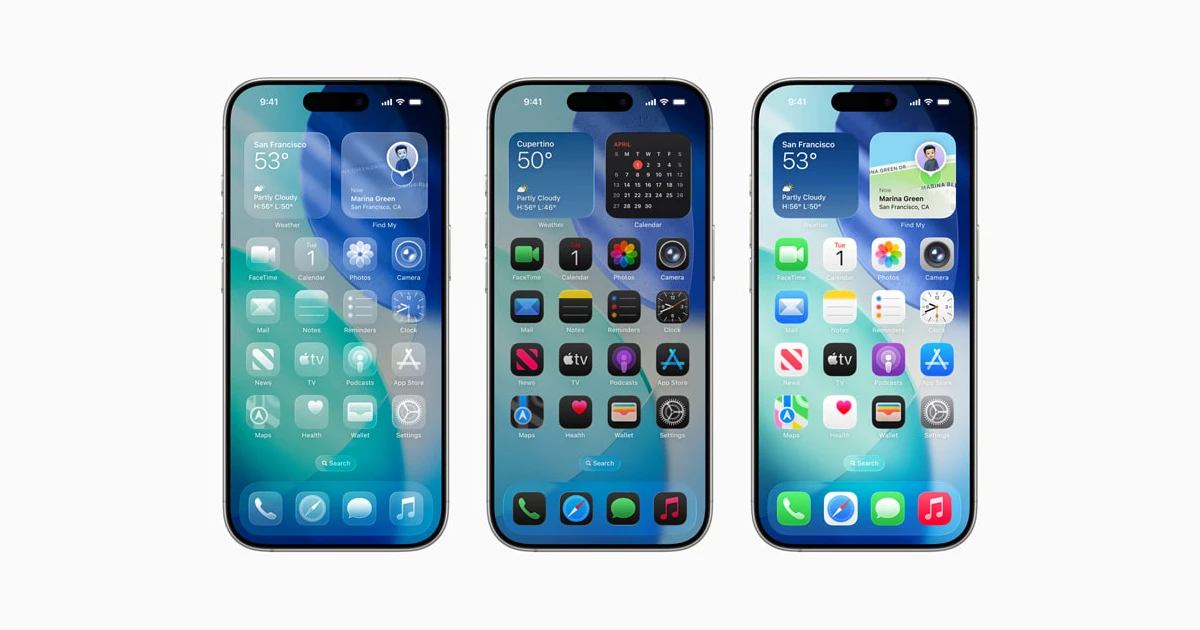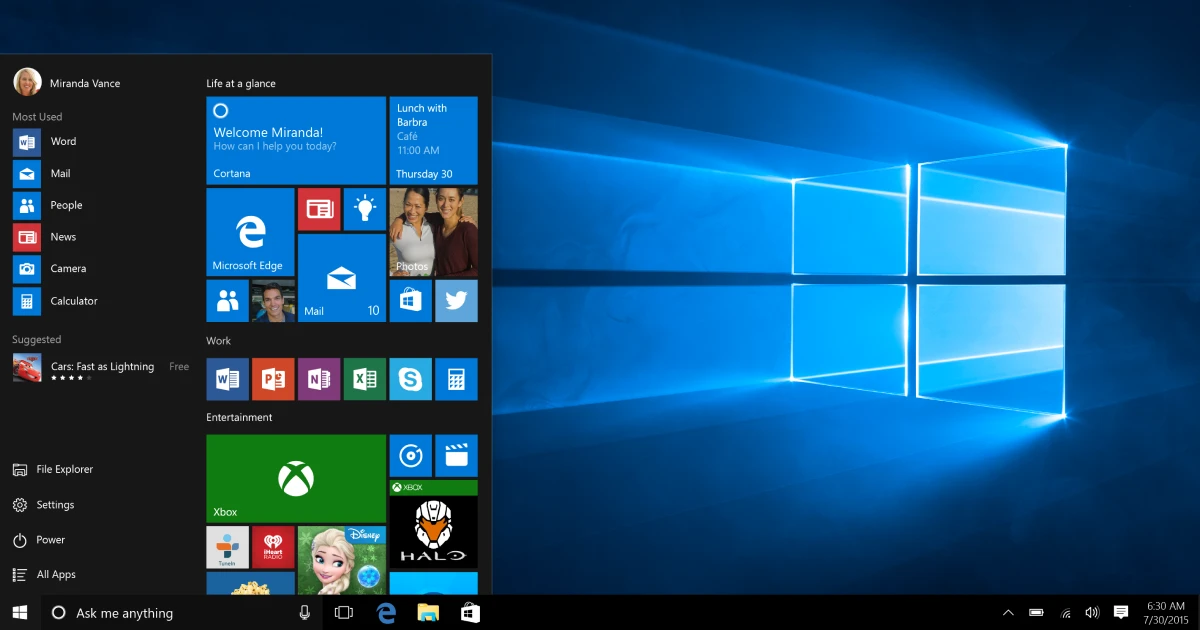So, they started making this a reality. But at first, they were mostly focused on building hardware machines and developing software products. However, with the internet boom of the late 90s and early 2000s, it brought a wave of new startups – but this time, the accent was on e-commerce businesses and online marketplaces. At that time, opening up a startup was still seen as a risky venture with a high probability of failure since digital innovation was yet to be embraced. But this paved the way for a new era: social media and mobile apps.
That’s when we started seeing the rise of startup hubs around the world. The startup ecosystem has always undergone incredible transitions – there’s no denying that. Whether affected by the technological boom or economic downfalls, it’s clear that we, as entrepreneurs, have continuously changed the way we build and grow our businesses and the way we do business.
The sector has advanced rapidly in recent years, with new businesses and investors constantly emerging. But, the present environment has also brought about important changes for business owners, employees, and investors alike. Today, we'll discuss some of the most significant trends that will impact the startup world in the following years.
Metrics will matter more than ever.
It’s the era of data! If early-stage companies focus on monitoring their data - their operations will flourish. There’s no other way around this.
Success is evaluated through metrics – we can all agree on this. They support our efforts to comprehend our clients and base judgments on facts rather than intuition. Metrics may aid in goal-setting, progress monitoring, and strategic corporate decision-making. And as startups, we must be able to track our development in terms of revenue growth, client acquisition, or both to be successful. This way, we will be able to make adjustments before it's too late, and we will have a clear path when doing business.
And it’s not only in the case of startups in general. But rather, we will be focused on developing products that are built on a foundation of data-driven insights. Take CropX, for example! Their innovative technology leverages data and analytics to optimize soil conditions, resulting in improved crop yields and significant cost savings for farmers. This only demonstrates the immense potential of data-focused products in transforming industries and disrupting traditional business models.
Subscribe to our newsletter
More and more socially conscious startups will appear!
With the progressively increased decision power coming from Gen Z and the next generations, we have started
Startups need to stay on top of regulations like GDPR and CCPA.
All businesses should adhere to these regulations, but startups, in particular, should do so because they are still developing, therefore, are susceptible to compliance problems.
The best method for startups to manage compliance is to hire a skilled legal team that is knowledgeable about how these rules relate directly to the business and can assist in avoiding mistakes before they occur.
This is the way to go to ensure that your business is compliant with the most recent rules. You can keep your business out of trouble and prevent mistakes by working with a law firm that has experience in your sector. We know it can get expensive. But better safe than sorry!
Startups and personalization - a new era of customer relationship management!
According to Deloitte’s research, personalization may increase a company's revenue by 10% or more, making it a key trend among startups. Personalization is not a new idea, but it has gained popularity with the expansion of the direct-to-consumer business model.
Businesses employ personalization to stand out from the competition and build closer relationships with their target market. Despite being more expensive, product personalization has increased customer loyalty for many brands.
To show clients what their personalized shoes would look like in real-time, Nike, for example, offers a product personalization service called "Nike By You" that makes use of artificial intelligence, augmented reality, and picture projection.
And let’s not forget about the “Share a Coke” campaign by Coca-Cola. It was such a viral and fresh campaign at the time! Buying a Coke with your name on it felt different. But the undisputable champion in this area is Starbucks. They have set the bar so high in service personalization!
The future of the startup ecosystem is bright. As the industry continues to grow, we'll see new ways for entrepreneurs to innovate and disrupt traditional industries. We're excited about what's coming next!
Metrics will matter more than ever.
It’s the era of data! If early-stage companies focus on monitoring their data - their operations will flourish. There’s no other way around this.
Success is evaluated through metrics – we can all agree on this. They support our efforts to comprehend our clients and base judgments on facts rather than intuition. Metrics may aid in goal-setting, progress monitoring, and strategic corporate decision-making. And as startups, we must be able to track our development in terms of revenue growth, client acquisition, or both to be successful. This way, we will be able to make adjustments before it's too late, and we will have a clear path when doing business.
And it’s not only in the case of startups in general. But rather, we will be focused on developing products that are built on a foundation of data-driven insights. Take CropX, for example! Their innovative technology leverages data and analytics to optimize soil conditions, resulting in improved crop yields and significant cost savings for farmers. This only demonstrates the immense potential of data-focused products in transforming industries and disrupting traditional business models.
Subscribe to our newsletter
More and more socially conscious startups will appear!
With the progressively increased decision power coming from Gen Z and the next generations, we have started
Startups need to stay on top of regulations like GDPR and CCPA.
All businesses should adhere to these regulations, but startups, in particular, should do so because they are still developing, therefore, are susceptible to compliance problems.
The best method for startups to manage compliance is to hire a skilled legal team that is knowledgeable about how these rules relate directly to the business and can assist in avoiding mistakes before they occur.
This is the way to go to ensure that your business is compliant with the most recent rules. You can keep your business out of trouble and prevent mistakes by working with a law firm that has experience in your sector. We know it can get expensive. But better safe than sorry!
Startups and personalization - a new era of customer relationship management!
According to Deloitte’s research, personalization may increase a company's revenue by 10% or more, making it a key trend among startups. Personalization is not a new idea, but it has gained popularity with the expansion of the direct-to-consumer business model.
Businesses employ personalization to stand out from the competition and build closer relationships with their target market. Despite being more expensive, product personalization has increased customer loyalty for many brands.
To show clients what their personalized shoes would look like in real-time, Nike, for example, offers a product personalization service called "Nike By You" that makes use of artificial intelligence, augmented reality, and picture projection.
And let’s not forget about the “Share a Coke” campaign by Coca-Cola. It was such a viral and fresh campaign at the time! Buying a Coke with your name on it felt different. But the undisputable champion in this area is Starbucks. They have set the bar so high in service personalization!
The future of the startup ecosystem is bright. As the industry continues to grow, we'll see new ways for entrepreneurs to innovate and disrupt traditional industries. We're excited about what's coming next!







.webp)









